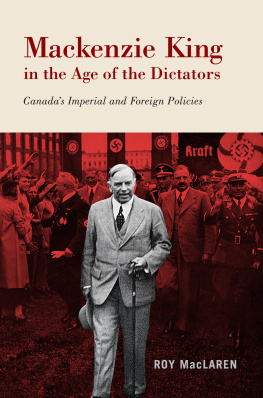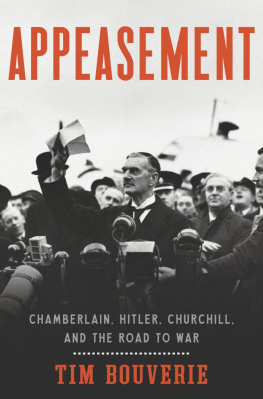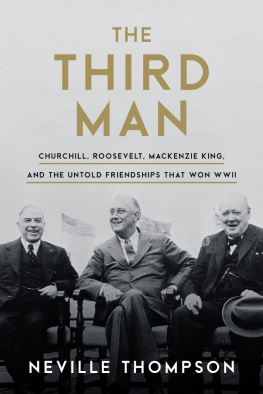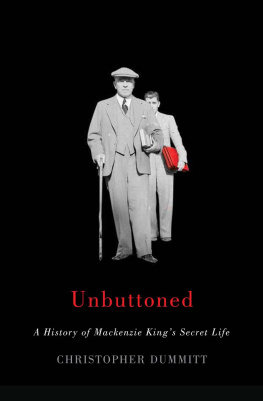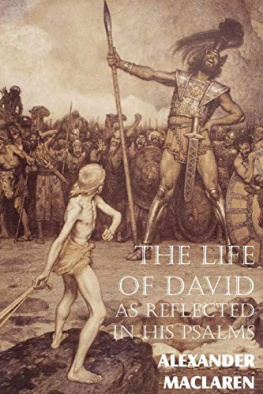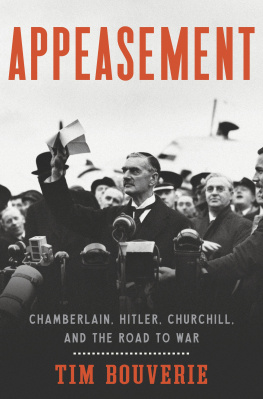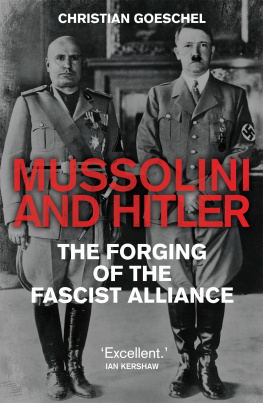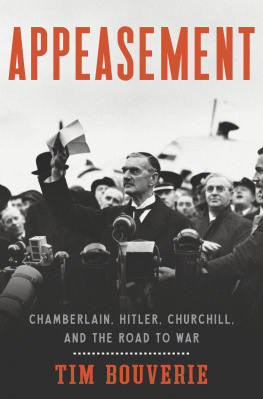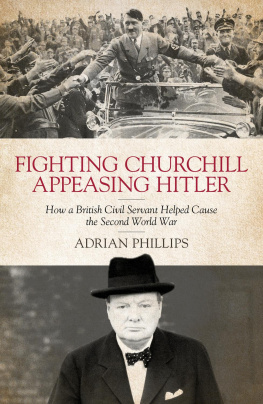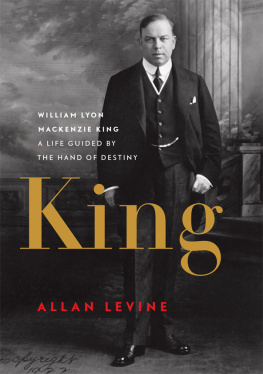
MACKENZIE KING
IN THE AGE OF THE DICTATORS
Roy MacLaren
MACKENZIE KING
IN THE AGE OF THE DICTATORS
Canadas Imperial and Foreign Policies
McGill-Queens University Press
Montreal & Kingston | London | Chicago

McGill-Queens University Press 2019
ISBN 978-0-7735-5714-7 (cloth)
ISBN 978-0-7735-5811-3 (ePDF)
ISBN 978-0-7735-5812-0 (ePUB)
Legal deposit second quarter 2019
Bibliothque nationale du Qubec
Printed in Canada on acid-free paper that is 100% ancient forest free
(100% post-consumer recycled), processed chlorine free

We acknowledge the support of the Canada Council for the Arts, which last year invested $153 million to bring the arts to Canadians throughout the country.
Nous remercions le Conseil des arts du Canada de son soutien. Lan dernier, le Conseil a investi 153 millions de dollars pour mettre de lart dans la vie des Canadiennes et des Canadiens de tout le pays.
Library and Archives Canada Cataloguing in Publication
Title: Mackenzie King in the age of the dictators : Canadas imperial and foreign policies / Roy MacLaren.
Names: MacLaren, Roy, author.
Description: Includes bibliographical references and index.
Identifiers: Canadiana (print) 2019004800X | Canadiana (ebook) 20190048158 | ISBN 9780773557147 (hardcover) | ISBN 9780773558113 (ePDF) | ISBN 9780773558120 (ePUB)
Subjects: LCSH: King, William Lyon Mackenzie, 1874-1950. | LCSH: DictatorsHistory20th century. | LCSH: CanadaForeign relations1914-1945.
Classification: LCC FC580 .M33 2019 | DDC 971.063/2dc23
In memory of my father, Wilbur Glen MacLaren, an eighteen-year-old gunner in a Prince Edward Island battery, who survived severe wounds at Passchendaele in October 1917, thanks in large part to the care of German prisoners of war who had been pressed into service as Canadian stretcher-bearers.
Contents
Acknowledgments
I thank first Henry Newton Rowell Jackman for his intellectual and practical support for this book. The idea arose in part from our frequent conversations about Canadian public policy during the interwar years. Hal Jackman, liberal in his many benefactions, is untiring in his commitment to helping others realize their full potential. A great Canadian, as was his grandfather before him.
Elizabeth Riddell-Dixon, granddaughter of Walter Riddell, was helpful in discussing her grandfathers role in recognizing the imperative need, before and after the Second World War, to construct and realize the potential of collective security.
Ellice Evans of Mount Allison University showed exemplary dexterity as well as both patience and comprehension in readying the manuscript for review and publication.
Amanda Wagner, of the splendid Robarts Library in the University of Toronto, demonstrated an inventive flexibility in applying the sometimes elusive disciplines of technology to the disciplines of writing history and did it with unfailing humour and wit.
Courtney Lundigran of Trinity College Library in the University of Toronto displayed a rare understanding of how to identify sources electronically, a skill that has somehow eluded me.
Neville Thompson of the University of Western Ontario, an expert in the history of public policy in the British Commonwealth in the interwar years, was always constructive and stimulating in his suggestions and analyses.
No author could want a better editor than Mark Abley of McGill-Queens University Press. Remarkably well informed and imaginative at the same time, he, a notable author himself, was wonderfully supportive.
My wife, Susan Eleanor MacLaren, was unfailingly constructive in her many contributions to the final draft of this manuscript.
To them all I am most grateful.
Chronology
Dec. 1874 | birth of William Lyon Mackenzie King |
1900 | King appointed deputy minister in the Department of Labour |
Sept. 1907 | anti-immigration riot in Vancouver |
1908 | King meets with President Theodore Roosevelt in Washington three times in discussion among Great Britain, the United States, and Canada on the exclusion of Japanese immigrants |
1908 | King elected to parliament in a by-election |
1909 | King appointed deputy minister of labour |
1911 | Liberals defeated in general election |
1914 | King hired as head of industrial research at the Rockefeller Foundation |
1914 | Mussolini forms Fasci Rivoluzionari dAzione Internazionalista |
1917 | general election held on conscription issue, King defeated in York North |
1918 | King publishes Industry and Humanity |
Aug. 1919 | King elected leader of the Liberal Party |
Jan. 1920 | League of Nations founded |
1921 | Liberals win general election and King becomes prime minister |
Sept. 1922 | Chanak incident |
Oct. 1922 | Mussolinis March on Rome King Victor Emmanuel III asks Mussolini to form the new government |
1925 | Italy becomes a one-party state |
1925 | Liberals hold on to power in general election with the support of Progressives |
1926 | parliamentary elections abolished in Italy |
1926 | Liberals win plurality of seats in a general election |
1926 | Balfour Declaration recognizes independence of dominions within the British Empire |
Feb. 1929 | Lateran Treaty between Vatican and Italian government |
July 1930 | R.B. Bennett becomes prime minister as Conservatives win general election King now leader of the opposition |
1931 | Statue of Westminster codifies independence of dominions |
Jan. 1933 | Hitler becomes chancellor of Germany |
Oct. 1933 | Germany withdraws from League of Nations |
Nov.Dec. 1934 | Italian-Abyssinia border incident at Welwel |
Oct. 1935 | Liberals win a majority in general election |
Oct. 1935 | Italy invades Abyssinia |
Dec. 1935 | Hoare-Laval Pact |
Mar. 1936 | Germany reoccupies demilitarized Rhineland |
May 1936 | Italy captures Addis Ababa and proclaims Italian Empire |
193639 | Spanish Civil War |
Oct. 1936 | Rome-Berlin Axis |
June 1937 | King visits Hitler |
Mar. 1938 | Anschluss, unification of Austria with Germany |
Sept. 1938 |
Next page
